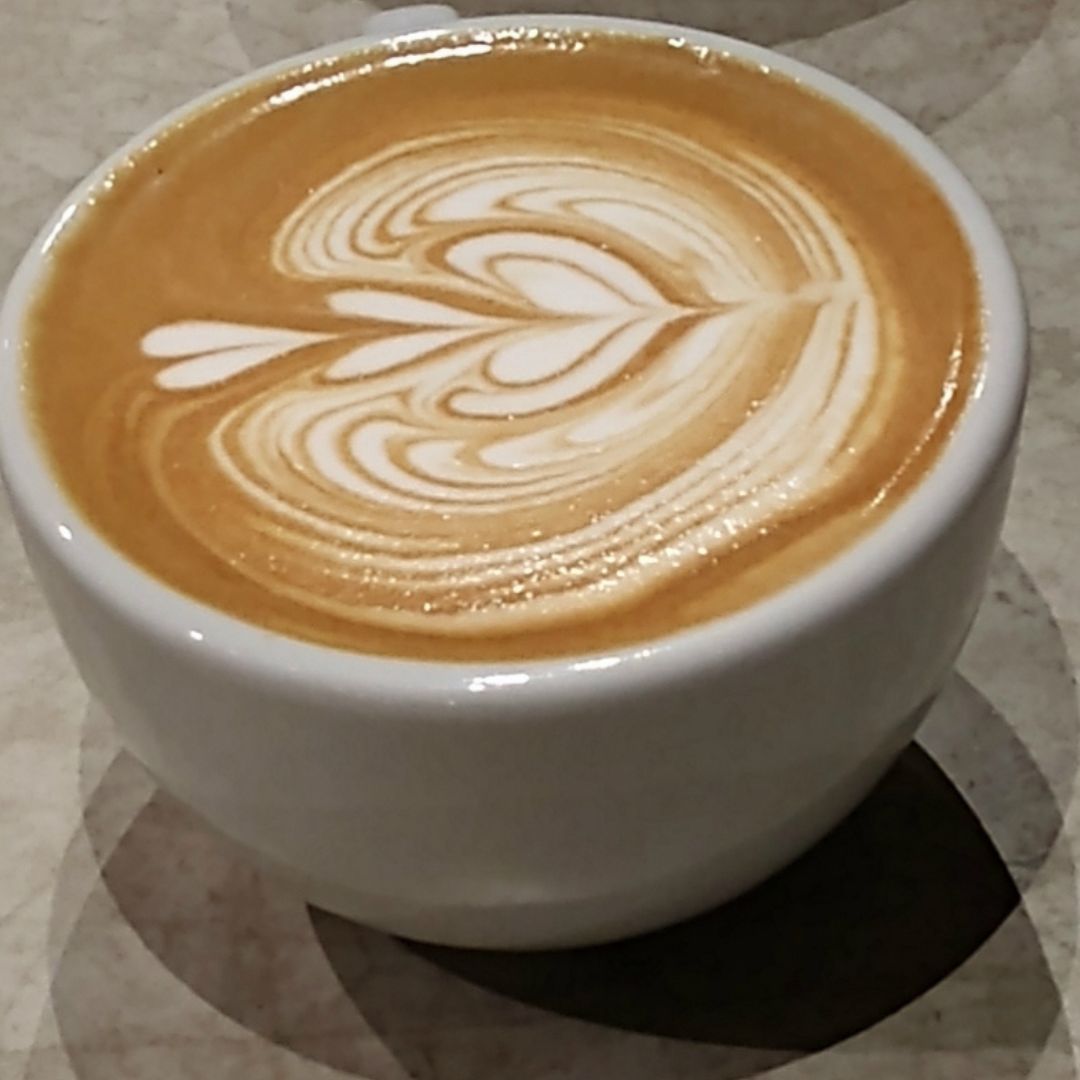How much caffeine is in Swiss Water Process decaffeinated Coffee

Most associate coffee with the caffeine buzz it provides, but many people need to avoid caffeine. From wanting a solid night's sleep, to needing to avoid caffeine due to more serious health issues, or just disliking the feeling of being jittery and agitated, people choose to drink decaffeinated coffee while still enjoying its soothing flavor.
But did you know that "decaffeinated" is not the same as "caffeine free"? Caffeine free means that the product is completely void of caffeine. Decaffeinated, however, just means that a level of caffeine has been removed. Decaf coffee is not caffeine free.
In the United States the FDA requires that coffee must have had its caffeine level reduced by no less that 97%, but they do not require a specific level of decaffeination. Nor do they require the level to be labeled on the product. Some decaf coffees contain more caffeine than others.
I talk in depth about the four methods of decaffeination in this blog post. Methylene chloride, ethyl acetate, carbon dioxide, and mountain water processes all yield a coffee which is around 97% caffeine free. Only Swiss Water Process decaffeinated coffee is 99.9% caffeine free. The folks at the Swiss Water Decaf Company guarantee it and they confidently stand behind their product providing each batch of decaffeinated beans with an accompanying Certificate of Analysis. To further ensure top quality-control each decaffeinated coffee is cupped and given a side-by-side analysis of the pre- and post-processed coffee. Swiss Water Process decaf is 100% chemical free and the only certified organic process.
Contrary to popular belief roast level does not diminish the caffeine level of coffee, but the varietal of coffee does . As I mention in my article, the Robusta varietal contains roughly twice the caffeine found in Arabica. Accordingly, the decaffeinated counterpart of Robusta will contain more caffeine than decaffeinated Arabica.
For comparison - a regular 12 oz cup of Arabica coffee contains about 180 mg of caffeine. A decaffeinated cup would have 5.4 mg of caffeine, but a Swiss Water Process decaffeinated cup of coffee will only have 1.8 mg of caffeine.
For those who are extra sensitive to caffeine, but still want to enjoy coffee, Swiss Water Process decaffeinated coffee is the best choice.
So go ahead - enjoy your single origin decaf cortado or macchiato with absolutely no regrets.
.
99.9% caffeine free means 0.1% caffeine. 180 mg of caffeine times 0.1% equals 0.18 mg caffeine not 1.8 mg caffeine
Do you sell this Swiss formulated de-cafe coffee in pods to fit a Kerrigan machine? I meant a Keurig coffee maker